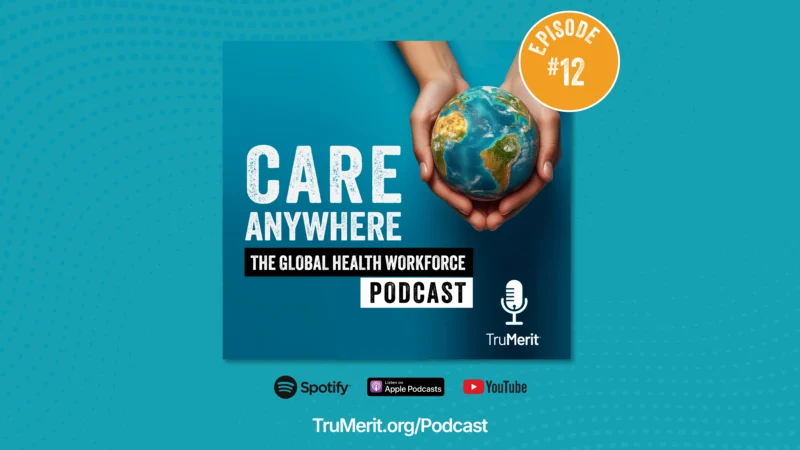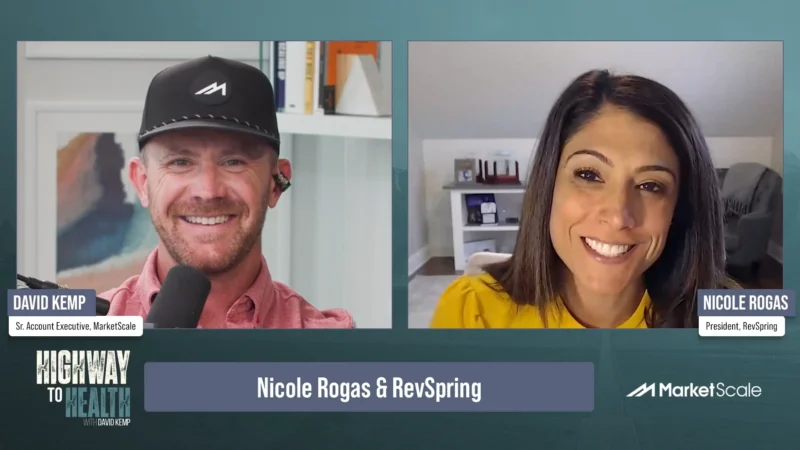Full Circle Healthcare: The Cognitive Burden of EHRs on Physicians and Staff
EHRs are the backbone of healthcare digitization. However, they bring with them a cognitive burden for users. So, how can tech better align with its healthcare user? To discuss the challenges and opportunities, Full Circle Healthcare host Shelby Skrhak spoke with David Macfarlane, Marketing Communications Manager at Medsphere.
“The financial costs of introducing technology are one burden. What it’s asking of clinicians is another. We can all relate to this in some ways, as we all use computers,” Macfarlane said.
The belief that technology enables multi-tasking is, after all, a myth. Trying to do too many things at once usually means a person does none of them well. That’s the situation for most clinicians. Skrhak referenced a study that said 77% of clinicians identify documenting and charting in an EHR to be a source of cognitive overload. Distractions aren’t helpful to any situation, especially not in healthcare.
“Clinicians can be just as distracted by alerts and other things like anyone else, which can increase the likelihood of errors,” Macfarlane added.
While EHRs were supposed to deliver streamlined processes that boost efficiency and visibility, there’s still work to do. “In the last few years, the industry has acknowledged the process isn’t satisfactory for clinicians,” Macfarlane said.
Macfarlane noted the onus to fix this disconnect is on the technology companies. “Tech providers need to understand clinician workflows and environments to adapt the platforms to this. With small tweaks that reduce things like alert fatigue, we can meet users where they are.”
Follow us on social media for the latest updates in B2B!
Twitter – @MarketScale
Facebook – facebook.com/marketscale
LinkedIn – linkedin.com/company/marketscale




